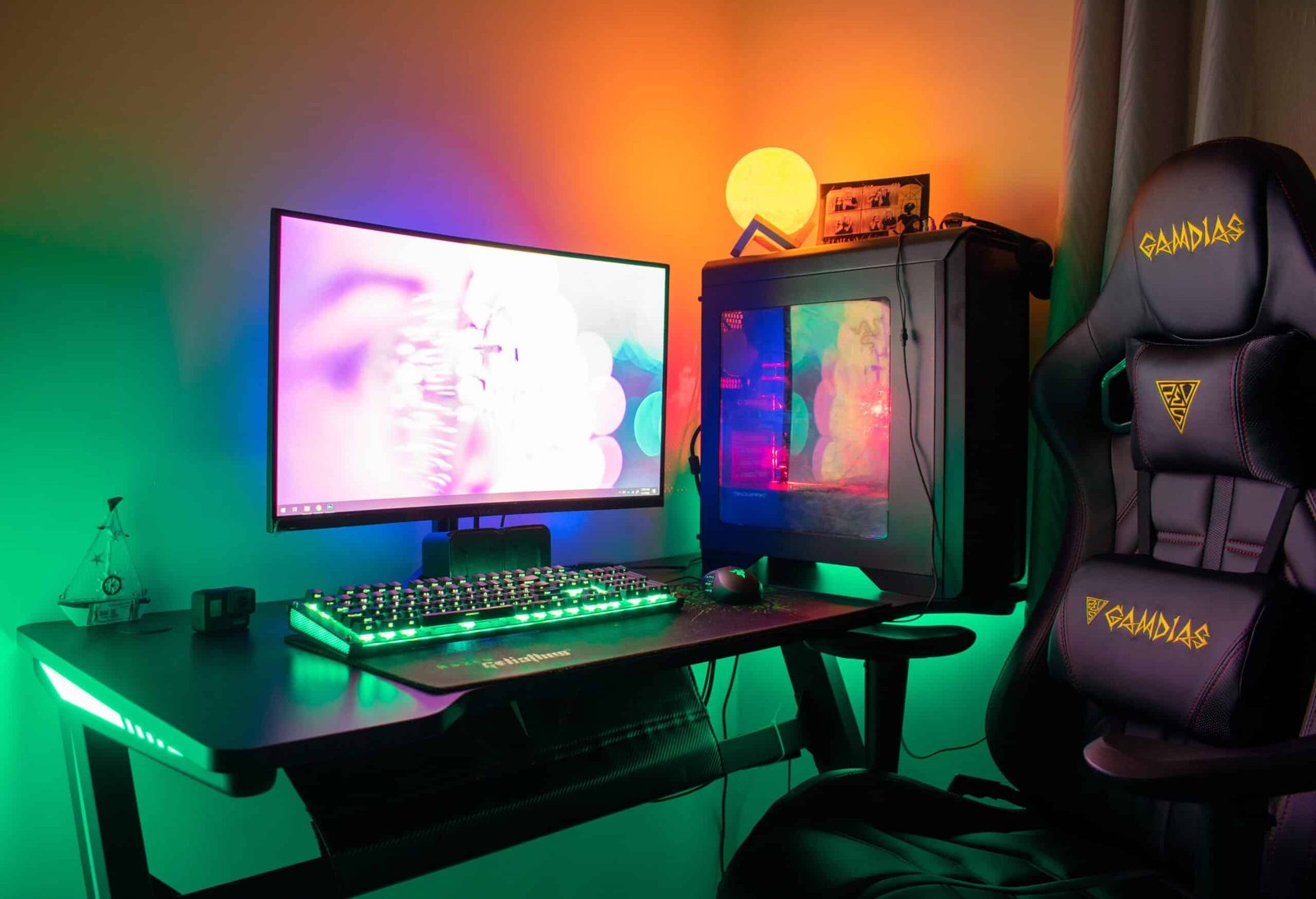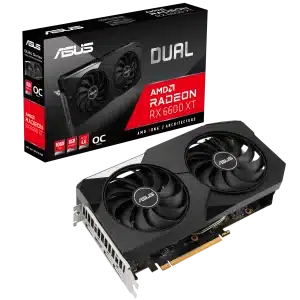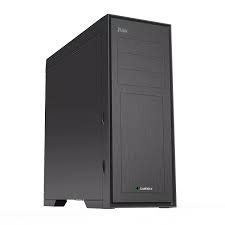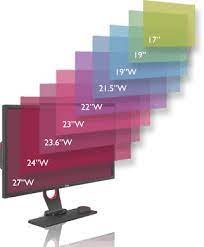
How Much Should You Spend On A Gaming PC?
All About Tech

How Much Should You Spend On A Gaming PC?
People are getting ready to build their gaming PC.How much do you need to spend to get the results you’re after?It’s important to answer this question before embarking on your first build.Poor component choices can create a world of pain later.
It’s possible to build a budget gaming PC with a dedicated GPU for about $750 to $900 depending on where in the world you’re based.Lower-end cards like the ones from AMD and Nvidia will suit 1080p gaming well, while mid-range cards like the 3060 Ti or 6700 XT are now commonly available for $500 give or take.
GPU typically represents 40-50% of the build, so with mid-range cards, you’re looking at a $1200 build.

GPU prices are falling, and it’s worth noting that even though GPU prices have fallen, AMD and Nvidia have very sneakily bumped up the MSRPs of low-end cards in comparison to the last generation.
GPU prices from a couple of years ago are now more difficult to achieve.If GPU prices are still massively inflated in your region, it’s probably going to be more like 60% of your builds overall budget.

Your use case of your PC is going to heavily influence how much you need to spend.If you’re someone who’s just gaming, the question becomes much easier.If you’re looking to do some 3d rendering, CAD work, or video editing, you’ll need a more powerful CPU.
If you’re someone who likes to do loads of research with 150 chrome tabs open, you probably want to knock your 16 gigs of RAM up to about 32 gigabytes.

It’s not just as simple as your resolution alone; it also depends on what games you’re looking to play.If you play Minecraft on your PC 24/7, you probably can spend about $400 on a laptop from Walmart and be okay.
Heavy Fortnite gamers, like titles Valorant and CS:GO, can get away with spending less money.

Another massive factor that’s going to influence aside from game and resolution is frame rate.
If you’re someone who’s quite content sitting in an amateur first-person shooter at 100 frames per second or playing a racing title like Forza Horizon 5 at no more than 60 fps, you might not have to spend as much money.
If you’ve got some massive competitive friends who really like to play the latest titles at super high frame rates, you might find yourself not wanting to miss out on that competitive advantage and once again have to spend more money compared to your peers for the same resolution but a higher frame rate.An $800 gaming PC is not going to deliver 300 fps in the latest titles or even older games like Fortnite.
In conclusion, it’s important to consider your use case, gaming resolution, and frame rate when considering how much to spend on your gaming PC build.
When building a gaming PC, it’s important to consider the resolution you want to play at. 1080p is a good option for those on a budget, while 1440p offers a more immersive experience.
Other factors to consider include whether you want to stream your gameplay or use a triple monitor setup for multitasking while gaming.These factors will determine the amount of power your PC will require, and therefore the amount you’ll need to spend.
If you don’t have the budget for a high-end gaming PC, consider building a skeleton rig that you can upgrade as you go.For example, start with a small SSD for now and add a larger hard drive or SSD later for more game storage.You can also stick with a stock cooler for now and upgrade to an air or liquid cooler later down the line.Saving money on components like the motherboard and case can also help keep costs down.
The motherboard is a good component to save money on, as long as it has the ports and features you need.You can sacrifice extra additions like overclocking and aesthetics for a cheaper board that still provides the same performance.
A case is also a good component to save money on, as long as it has decent airflow and won’t starve your components of cool air.Upgrading your power supply later on can save you money in the long run, as you won’t have to waste money on a more powerful PSU when upgrading other components.

The amount you should spend on your gaming PC depends on your specific needs and preferences.You can build a system for between $700 and $1200 that’s perfect for 1080p gaming in games like Fortnite at 150 fps, or newer titles like Call of Duty Vanguard at 60 or 70 fps.For 1440p gaming, consider a 3060ti, 3070 or AMD’s 6700xt paired with an i5 or i7 processor.
For more demanding tasks, consider an i7 or Ryzen 7 build with a 3080 or 3080ti.It’s important to do your research on each component before making a purchase.
A: The most important components to prioritize when building a gaming PC are the graphics card and the CPU. These components will have the biggest impact on your gaming performance. Additionally, you’ll want to invest in a high-quality power supply, plenty of RAM, and a fast solid-state drive (SSD).
A: It’s possible to save money by buying a pre-built gaming PC, but in many cases, you’ll get more value for your money by building your own. When you build your own PC, you can choose the components that best fit your needs and budget, and you can often get higher-quality components for the same price as a pre-built PC.
A: RGB lighting and other cosmetic features can make your gaming PC look really cool, but they don’t have any impact on your gaming performance. If you have extra money to spend and you want your PC to look great, then it may be worth investing in these features. However, if you’re on a tight budget, it’s best to prioritize performance over cosmetics.
A: How often you should upgrade your gaming PC depends on how quickly technology is advancing and how demanding the games you want to play are. In general, you can expect to get 3-5 years of good performance out of a high-quality gaming PC before needing to upgrade. However, you may be able to stretch that timeline out further by making upgrades to specific components rather than buying a whole new system.